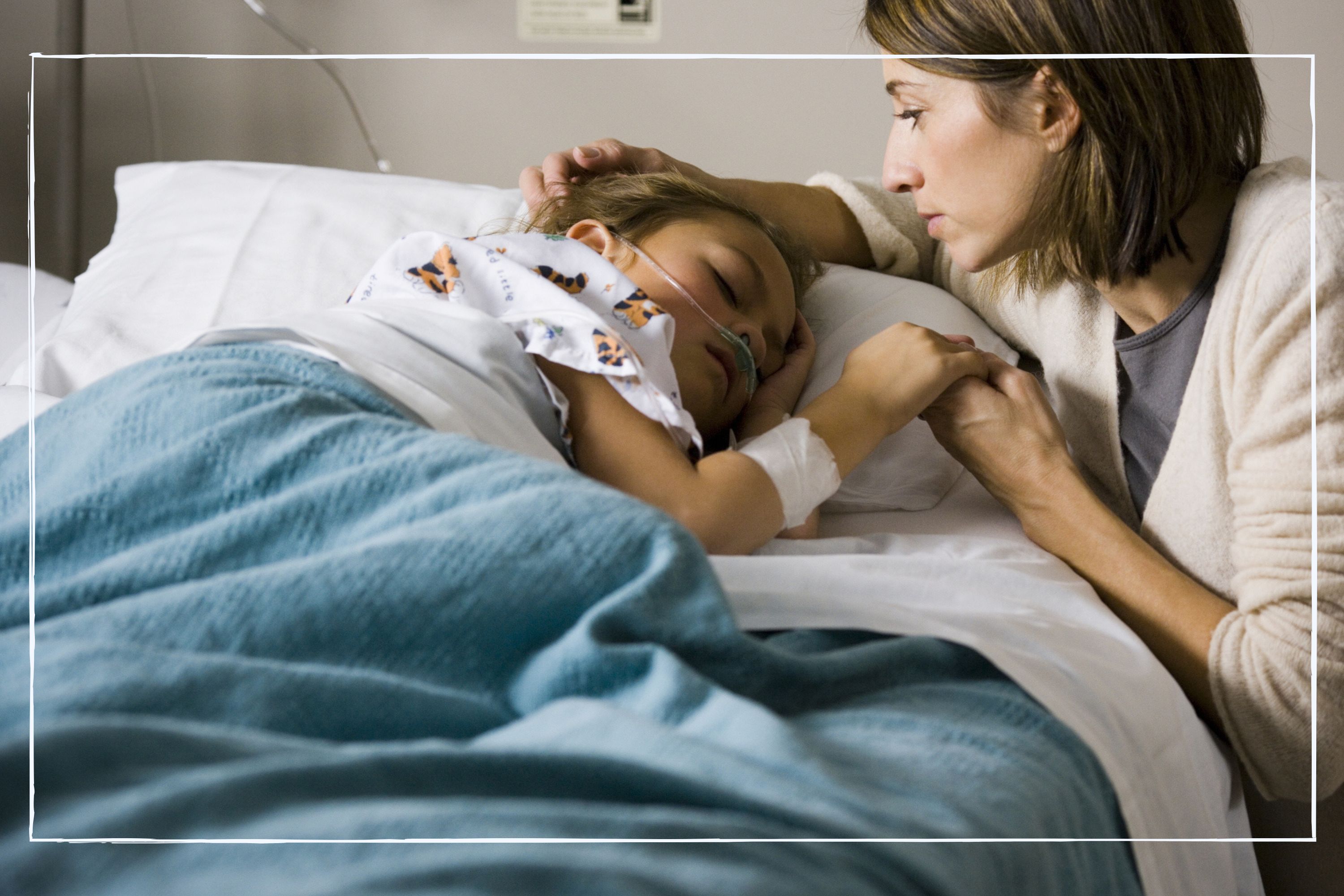
As any parent knows, kids pick up bugs and need a bit more looking after. But for most parents resorting to natural cold remedies to help your little one feel better, it's rarely a major cause for concern. But what if your child becomes seriously ill? That's every parent’s worst nightmare, and for those who have experienced it, it's not only emotional impact and the necessary upheaval to normal routines that can have a devastating impact on your family, but there are financial pressures of being in this awful position that add extra worry at an already worrisome time. But thanks to the campaigning of two bereaved parents, financial support for the families of children with long-term illnesses might not be too far away.
The parliamentary Bill, which will see the government report of the merits of providing financial support to families with seriously ill children, has had its second reading in Parliament, which means it’s one step closer to becoming law. The Bill was first proposed by Ceri Menai-Davis, whose son Hugh passed away from a rare form of cancer at just six-years-old, and was read in Parliament by MP Sir Oliver Heald.
The Bill, called the Children in Hospital for Extended Periods (Report to Parliament) Bill, also known as Hugh's Law, will also see parents of poorly children hospitalised for long periods consulted, among others, about financial assistance proposals. Speaking of Ceri Menai-Davis and his wife, Frances, at the second reading of the bill, on 19 January 2024, Sir Oliver Heald said: "They had a terrible ordeal for more than 10 months, attending hospital and at times commuting daily, as they watched their son rapidly decline over a number of months in hospital from being a sporty youngster, who Mr Menai-Davis was teaching golf, to his sad passing.
"In this Bill, I ask for a report to be made to Parliament by the Secretary of State on the merits of providing financial support to the parents of children receiving care in hospital for extended periods. I am asking for an assessment of current policies and the likely effect of some additional support on both parents and children, and I am asking the Government to consult parents, healthcare professionals, charities and others offering support."

According to the MP, there are approximately 4,000 children a year who spend more than two continuous months in hospital. That can also involve parents visiting daily or even staying in accommodation provided by the hospital nearby. As a result, parents can not only find themselves forking out huge amounts in terms of car parking or travel costs, but there could also be substantial impact on their jobs and careers, which can deal a heavy blow on their family finances.
Following the death of their son Hugh, Ceri and Frances Menai-Davis set up a charity called It's Never You as a way to help other parents in similar situations with mental and physical support, as well as to highlight the need for financial support too.
Sir Oliver Heald added that the small amount of support currently available is inadequate: "I have also heard from other charities, such as Together for Short Lives, which talks about the huge financial strain on families of having a child in hospital, and Young Lives vs Cancer. That charity wanted me to raise one particular issue: the NHS does offer a healthcare travel cost support scheme, but apparently the operation of that scheme is not very helpful. It is ponderous and does not deliver the money quickly enough. Perhaps that is something the report could look into."
Speaking in the Commons Chamber in Parliament, Sir Oliver Heald confirmed that the Bill would not eat into government funds too drastically, but would make a remarkable difference to those affected: "The Bill would not cost a great deal, as there are so few cases, but it would mean that, in tragic circumstances, all parents could concentrate on helping their children rather than worrying about money." Once a bill has been debated and then approved by each House of Parliament, it then goes to Royal Assent, where it becomes law.
Making sure your finances are in good condition should the worst happen in your family is never more important than when you become a parent. This could be anything from sticking to the 50/30/20 budgeting rule or knowing which money mistakes to avoid.







